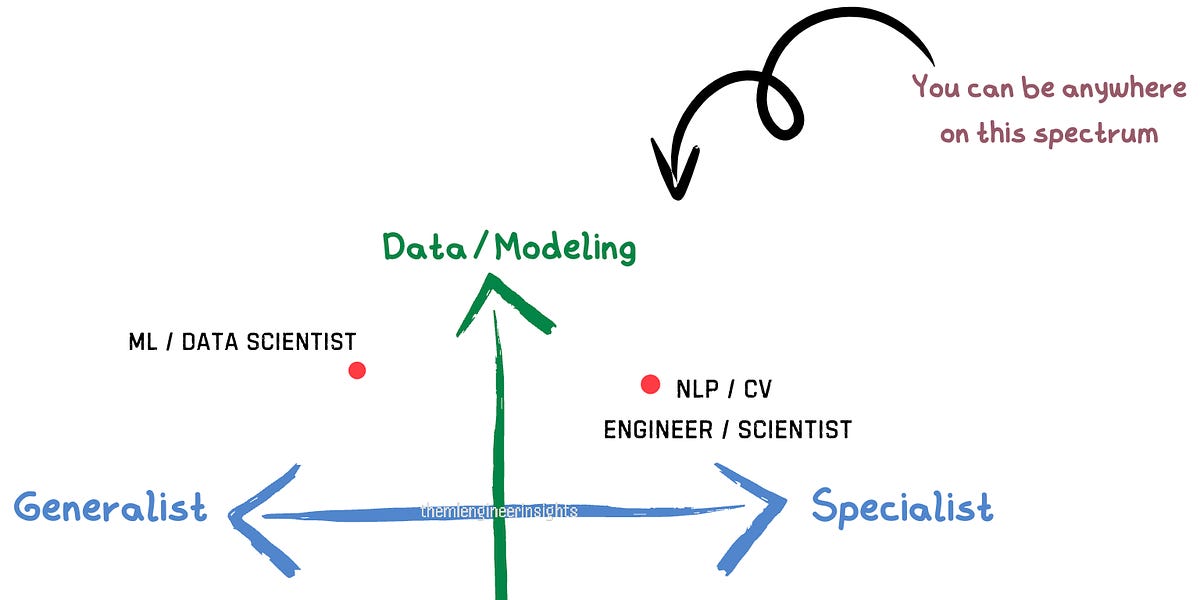Strategizing Your Preparation for Machine Learning Interviews

🌈 Abstract
The article discusses strategies for preparing for Machine Learning (ML) interviews, including understanding the different types of ML roles, decoding job descriptions, and tailoring preparation based on the specific role and company. It covers the four main types of ML interview rounds and provides guidance on how to approach preparation for each.
🙋 Q&A
[01] Machine Learning Roles and Specialization
1. What are the two main categories of ML roles based on technical responsibility?
- Data Analysis / Modeling: Skills include data analysis, feature engineering, model development and training, statistical analysis, and experiment design.
- ML Infrastructure / Deployment / Scaling: Skills include training and inference services, scalability, model deployment, and API integration.
2. What are the two main categories of ML roles based on area of specialization?
- Generalist: Skills include working on a variety of problem spaces, employing a broad range of ML techniques, and adapting to different team requirements.
- Specialist: Skills include deep expertise in a chosen domain (e.g., NLP, Computer Vision, industry-specific areas) and advanced knowledge of domain-specific tools.
3. How can a career path evolve between generalist and specialist roles? Careers can be dynamic, where one may start as a specialist and then shift to a generalist role, or vice versa, based on company needs and personal goals.
[02] Decoding Job Descriptions and Preparing for ML Interviews
1. What are the four main types of ML interview rounds?
- Machine Learning Breadth: Tests broad knowledge across various ML topics.
- Machine Learning Depth: Focuses on specialized topics and detailed case studies.
- Machine Learning System Design: Evaluates the ability to design scalable ML systems.
- Machine Learning Coding: Involves solving coding challenges around basic algorithms.
2. What is the importance of starting with the fundamentals in ML interview preparation? Having a solid grasp of the basics is crucial, regardless of the specific ML role or level being targeted.
3. What are the key preparation strategies for data/modeling roles?
- Focus on team/job-specific fundamentals (e.g., for a Google Search role, focus on search-related questions).
- Understand domain-specific concepts (e.g., for NLP roles, familiarize with word2vec, word embeddings, and transformers).
- Research company blogs and papers to gain insights into their work and potential interview questions.
4. What are the key preparation strategies for ML services and infrastructure roles?
- Prepare specifically for the team/company you're interviewing for, as interviews often focus on the company's tech stack.
- Study relevant topics, such as video recommendation systems for streaming services, user content feed recommendations for search/recommendations roles, and ad ranking for ads roles.
5. Why is it important to track your progress and learnings during ML interview preparation? Tracking helps stay organized, boosts confidence as knowledge and skills grow, and ensures awareness of the rapidly advancing ML research and its impact on interview questions.